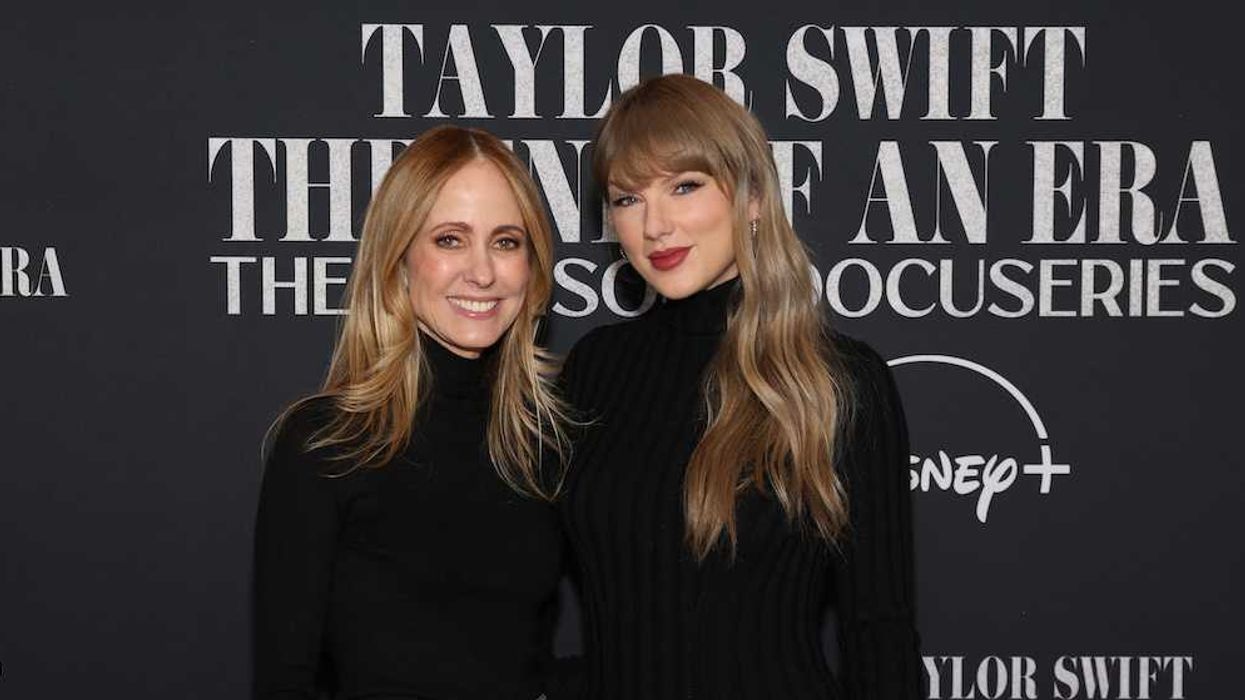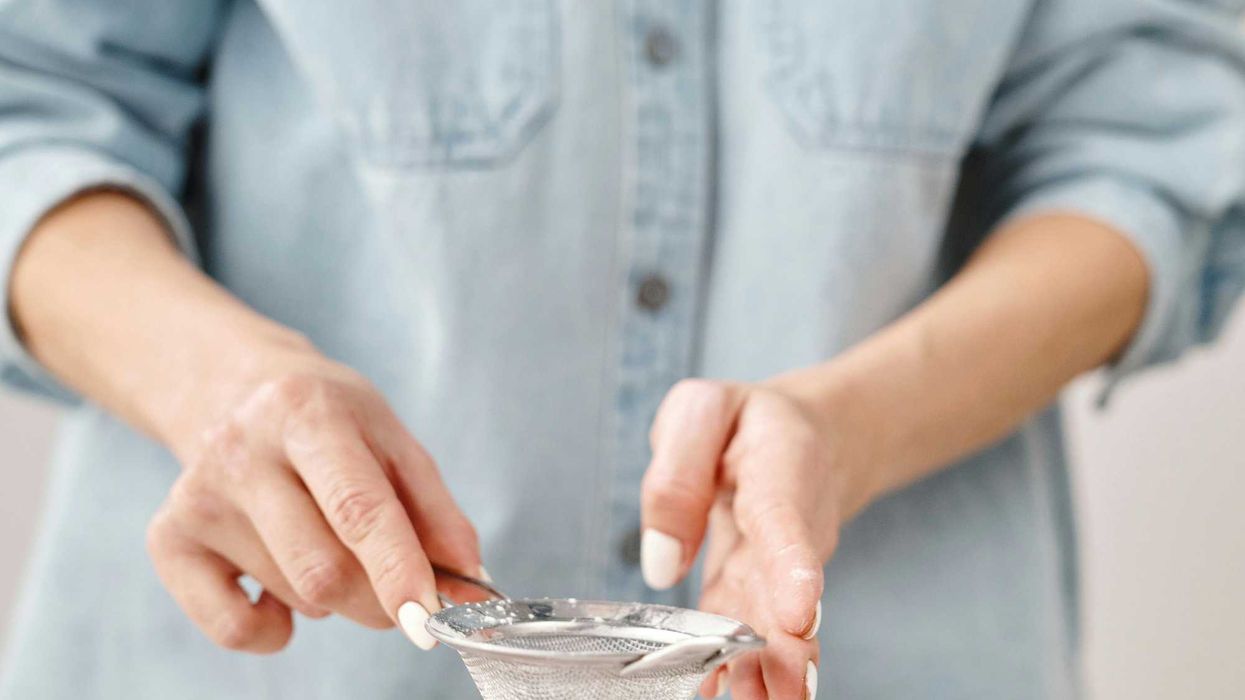It’s more than just Netflix and chill.
The 6 Types of Chemistry and What They Mean for Your Relationship

Remember Ryan Gosling and Rachel McAdams’ amazing, MTV award-winning kiss from The Notebook? Of course you do. That one kiss sent shockwaves out into the universe that set the standard for amazing chemistry. Now, studies show us the importance of HOW you kiss, and even give us kissing tips based on science. But Dr. Kat Van Kirk, a licensed marriage and sex therapist, asserts that chemistry is so much more than touch. Chemistry is a very important measure of compatibility that actually includes six different elements. Read on for some insight into your chemistry with your current — or future — bae.
So what actually IS chemistry?
“Chemistry is a pretty nebulous term,” Dr. Van Kirk says. “It can mean different things to different people. To me, it’s about energy: what it’s like when you’re sitting next to someone.” There’s no doubt that chemistry is important to a great relationship, especially because it alludes to so much about a couple’s compatibility. However, Dr. Van Kirk says that many people — especially women — actually mistake physical chemistry for compatibility.
“Just because you have physical chemistry, doesn’t mean you’re compatible or should be together,” she says. “It’s important to use your critical judgment to decide [if you’re right as a couple].” Rather than looking at physical chemistry as an indication that your S.O. is the ONE, Dr. Van Kirk recommends looking at the different types of chemistry present in your relationship.
The six types of chemistry
Let’s not downplay the role of chemistry here: “Chemistry creates the foundation for building a life with someone,” Dr. Van Kirk says. If you loved your first lip-locking sesh, it might be worth digging deeper into these six levels of chemistry.
1. Personality: This is how well you two get along on a human level. Think: how drawn you are to your boo’s personality — not their body.
2. Lifestyle: People with similar personalities often have similar lifestyles. For example, novelty-seeking type personalities probably go on more trips than other types of personalities. On the other hand, even people with very different personalities can both like going out with friends several nights a week, for example.
3. Spiritual: Your spiritual chemistry is measured by how closely your religious, political or moral values align.
4. Intellectual: Can you talk to your S.O. all day long without getting bored? You’re definitely intellectually compatible.
5. Financial: Being financially compatible doesn’t necessarily mean the state of your bank account. It’s about the way you handle and look at money.
6. Sexual: Sexual chemistry can’t be quantified, but Dr. Van Kirk says you’ll know it when you feel it. Ooh la la.
These levels of chemistry can mean different things to different people, and they aren’t all weighted the same for everyone, either. For example, some people place a lot of importance on financial security, and therefore should place importance on finding a partner who’s financially compatible with them.
How to build chemistry with your boo
Since sparks can fly in not one but SIX different categories, figuring out just how much chemistry you have with your partner can seem overwhelming. But fear not: Just like chemistry itself, measuring it is pretty natural. Here are three things you can do to make it easier.
1. Experience life with your partner. The more opportunities you give yourself to understand your partner, the more you’ll know about your chemistry with them. You might not know that someone intellectually stimulates you until you watch the presidential debates with them, for example.
2. Don’t be afraid of conflict. Time often yields conflicts in relationships — whether one of you is stressed at work or you squabble over something small, learning about how your partner reacts to conflict is an important element of your chemistry with them.
3. Know yourself. “The best way to understand what types of chemistry you respond to is to know yourself,” Dr. Van Kirk says. “You’re going to be making some judgment calls, and it will help in identifying chemistry — especially understanding when it’s authentic and when it’s not.”
Since chemistry is simply a foundation for a future relationship, Dr. Van Kirk points out that it’s both a decision and a process. “The end goal of deciphering chemistry is to make a healthy decision about who you should spend your time with,” she said. “Utilize that information to get into a relationship that’s good for you.”
What role does chemistry play in your relationship? Let us know @BritandCo!
(Photos via Getty)



















